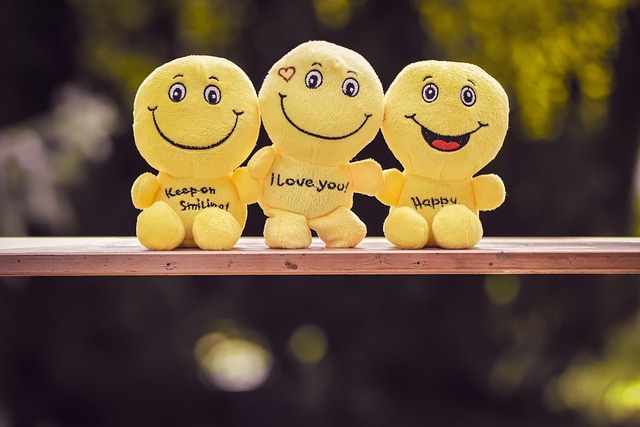
Empathy in Relationships: The Power of Emotional Self-Expression
In the intricate tapestry of relationships, empathy serves as one of the most vital threads that bind individuals together. While many of us strive to connect and nurture our bonds, the challenge often lies in fostering an environment where emotional self-expression can flourish. When partners share their emotions openly, it creates a safe space, nurturing a foundation of trust and understanding.
Emotional self-expression is more than just voicing thoughts; it’s about communicating the feelings that accompany those thoughts. Imagine sharing your frustrations after a tough day, only to find that your partner responds with empathy rather than judgment. This is the beauty of emotional self-expression—it enables partners to connect on a deeper level, validating each other’s experiences and emotions.
Effective relationship advice often highlights the significance of active listening. This practice goes hand-in-hand with emotional self-expression. When one partner opens up about their feelings, the other should strive to listen without interruption, offering acknowledgment and support. By doing so, one cultivates an atmosphere where vulnerability is celebrated rather than feared. This responsiveness bolsters confidence in emotional sharing and paves the way for greater intimacy.
Moreover, showing empathy through emotional self-expression can greatly reduce conflict. When misunderstandings arise, articulating feelings clearly can prevent resentment from festering. For instance, instead of saying You always ignore my needs,” you might express, “I feel unimportant when my requests aren’t acknowledged.” This shift in language from accusatory to emotional allows for a more compassionate dialogue, fostering understanding rather than defensiveness.
Additionally, emotional self-expression can enhance personal growth within relationships. As individuals articulate their emotions, they begin to better understand themselves and their needs. This self-awareness not only improves the emotional health of each partner but also enriches the partnership as a whole. Encouraging one another to express feelings promotes ongoing development and emotional intelligence, translating into a more evolved love dynamic.
While emotional self-expression can sometimes feel daunting, especially for those who have experienced past traumas or communication barriers, it is essential to approach this practice with patience. Taking small, intentional steps can make the process less overwhelming. Start by sharing simple feelings like happiness or excitement about a moment from the day. Gradually, this can build a solid foundation to explore deeper emotions.
In the realm of relationship advice, consistency is key. Set aside time for regular check-ins, where both partners can express their feelings in a non-judgmental space. This not only cultivates regular habits of emotional sharing but also reinforces the bond through mutual understanding and support.
In embracing emotional self-expression, partners enter a journey of connection that transcends the ordinary. The power of empathy, when intertwined with the willingness to share feelings openly, can elevate relationships to new heights. So, as you navigate the complexities of love, remember that expressing your emotions is not just beneficial—it’s transformative.


